Project Development
Get data, analysis tools, and information about each step in the process of energy development.
Technical Assistance
Access models, data, tools, and guidebooks designed to aid in the siting and development process for wind energy projects.
Events
Collegiate Wind Competition at CLEANPOWER 2025 Conference and Exhibition
May 19, 2025
–
May 22, 2025
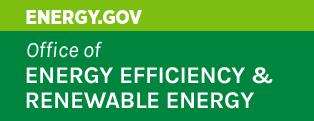


 Land-Based Wind Speed (100m)
Land-Based Wind Speed (100m)
 Offshore Wind Speed (100m)
Offshore Wind Speed (100m)
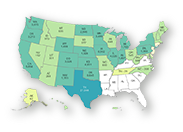 Installed Capacity Wind Maps
Installed Capacity Wind Maps
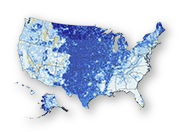 Wind Potential Resource Maps (All Hub Heights)
Wind Potential Resource Maps (All Hub Heights)
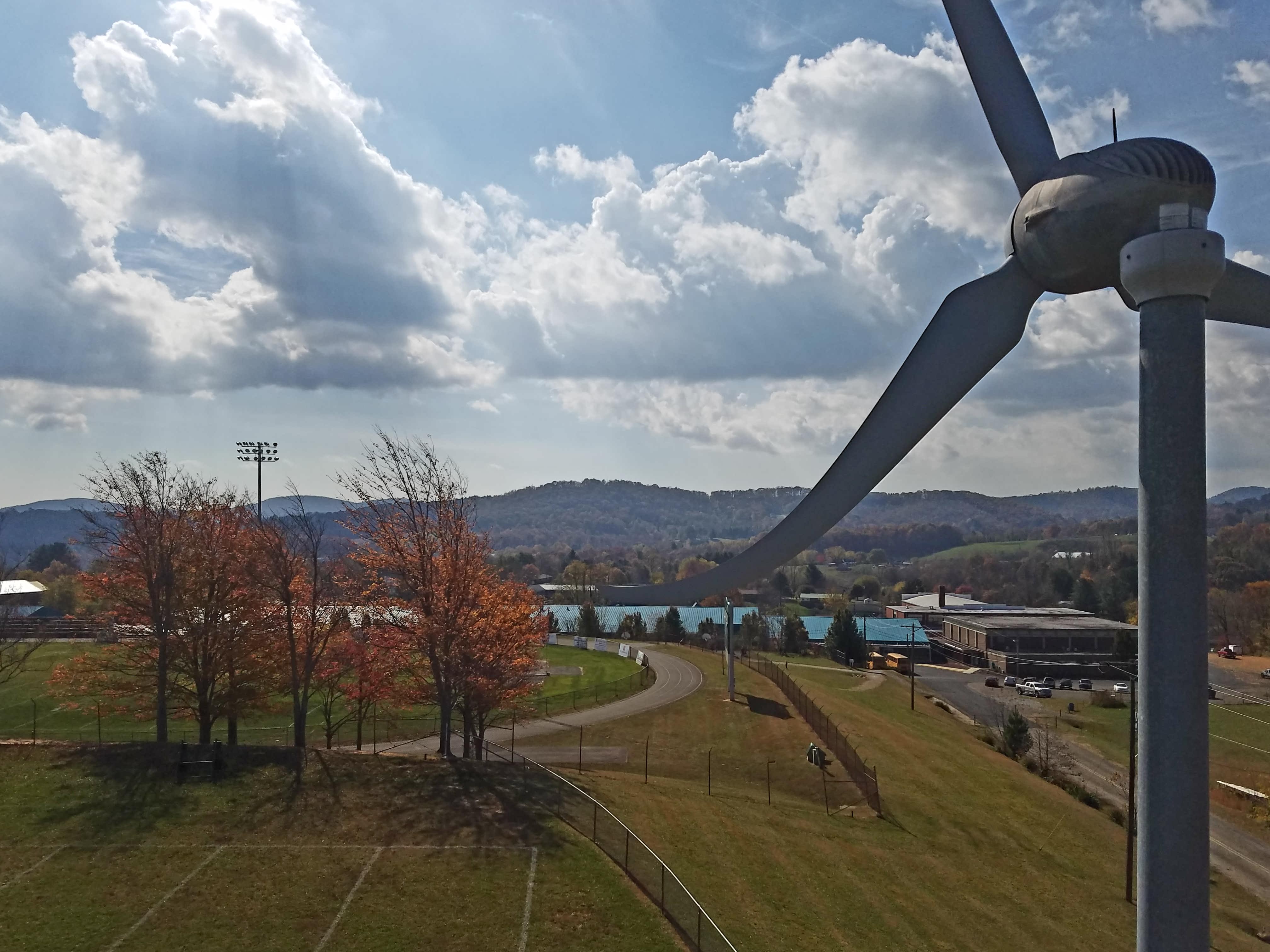 Distributed Wind Energy Resource Hub
Distributed Wind Energy Resource Hub
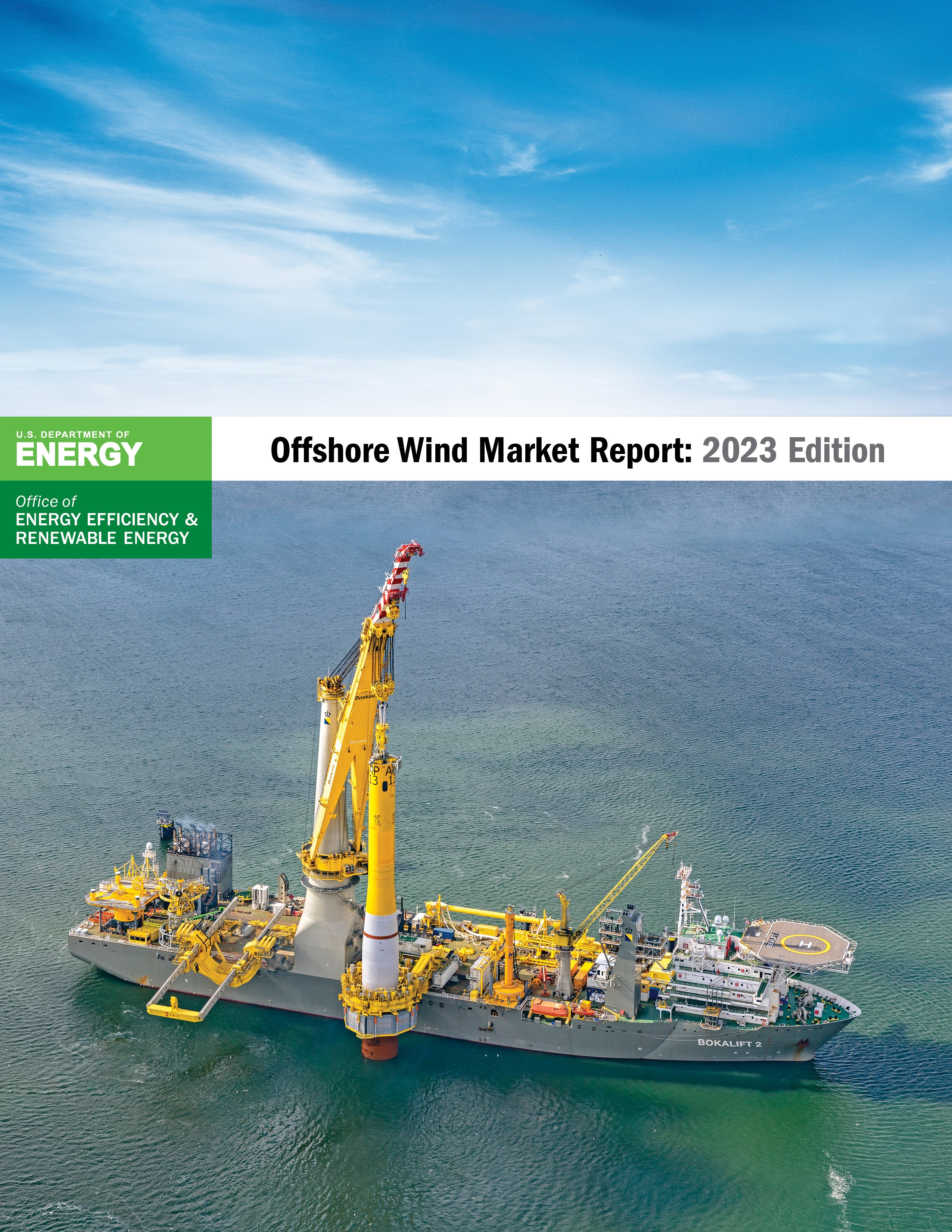 The Offshore Wind Market Report: 2023 Edition
The Offshore Wind Market Report: 2023 Edition
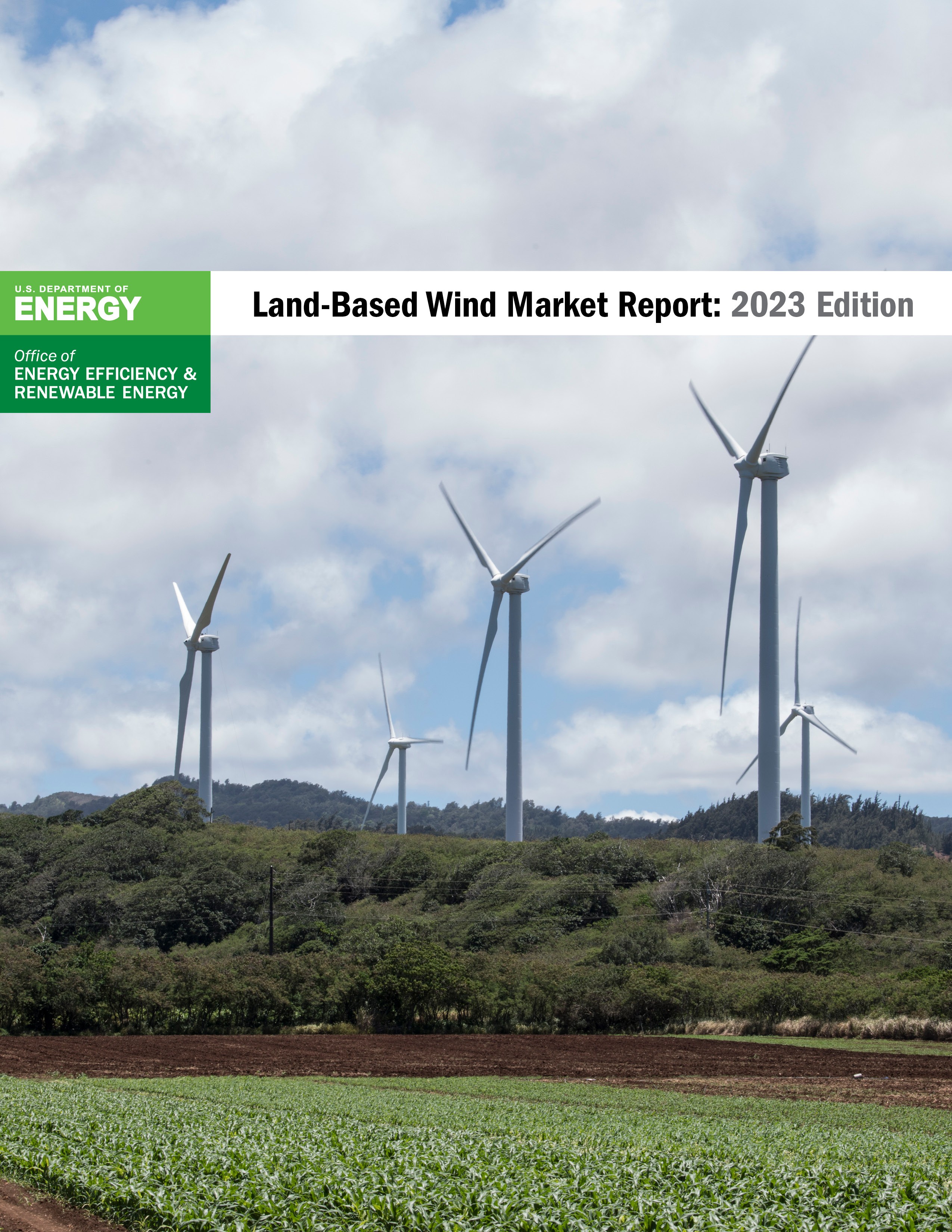 Land-Based Wind Market Report: 2023 Edition
Land-Based Wind Market Report: 2023 Edition
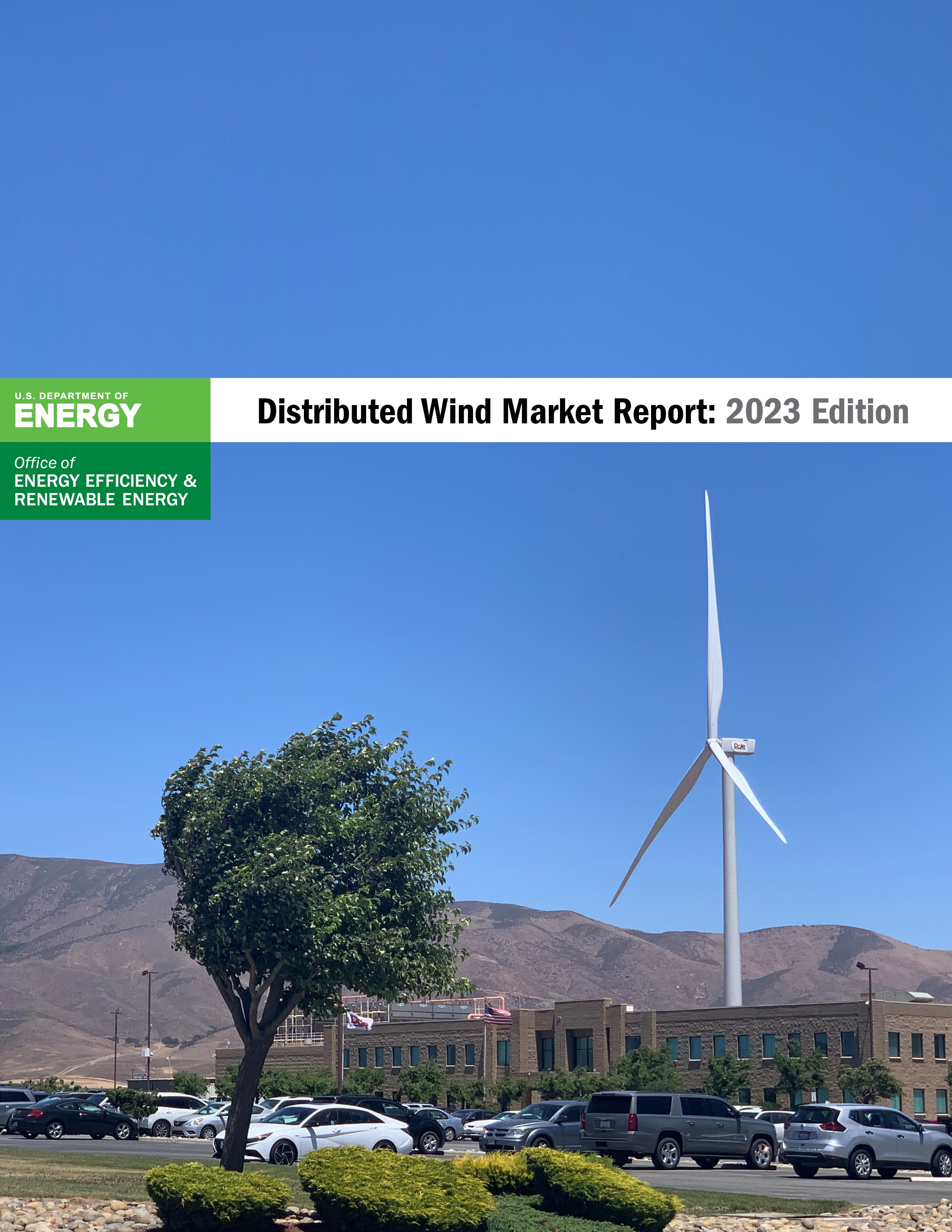 Distributed Wind Market Report: 2023 Edition
Distributed Wind Market Report: 2023 Edition
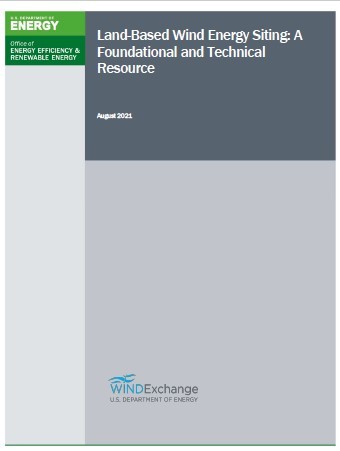 Land-Based Wind Energy Siting: A Foundational and Technical Resource
Land-Based Wind Energy Siting: A Foundational and Technical Resource
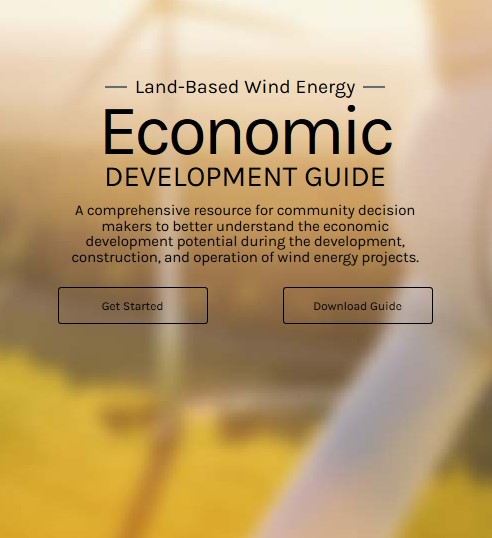 Land-Based Wind Energy Economic Development Guide
Land-Based Wind Energy Economic Development Guide